Walking is more than just a way to get around—it’s a game-changer for seniors. This simple activity can improve your heart health, keep you moving, and lift your spirits. In this article, we’ll dive into how walking boosts senior health and share easy ways to make it part of your life. Whether you want to stay fit, feel better, or enjoy time with friends, walking is a step in the right direction.
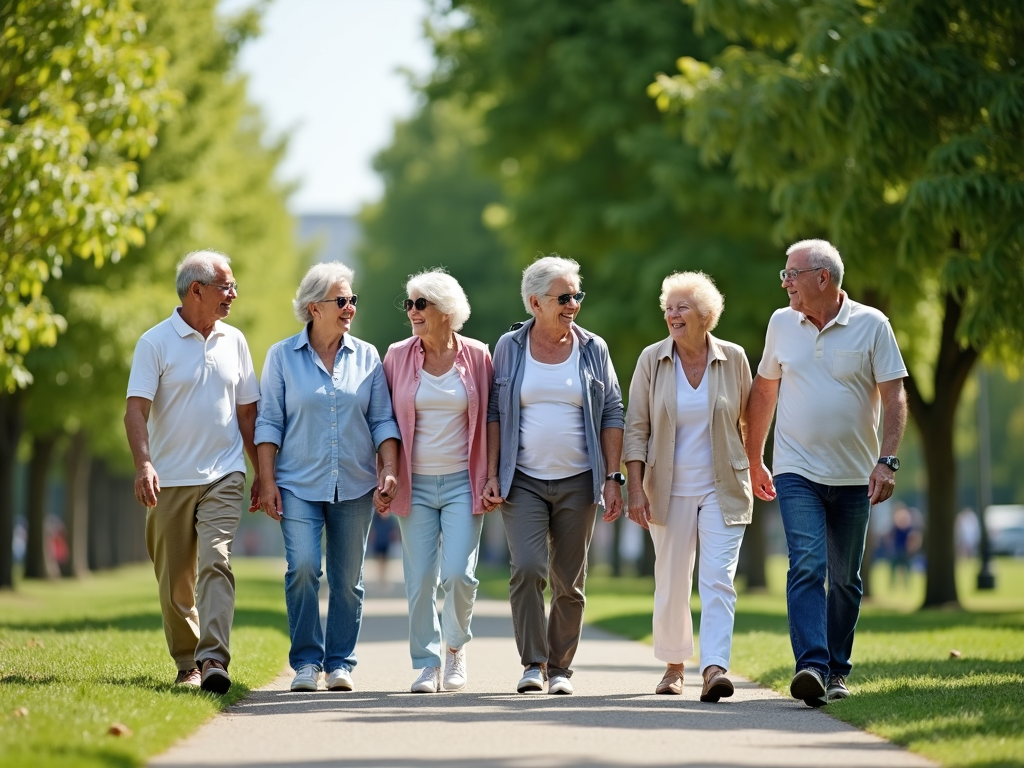
Why Walking Matters for Seniors
Walking might not seem like a big deal, but it packs a punch for older adults. Let’s break down how this low-impact cardio workout can transform your health:
- Heart Health: Walking gets your blood pumping and strengthens your heart. Studies from the American Heart Association show it can lower blood pressure and cut heart disease risk—without stressing your body.
- Better Mobility: Strong muscles and flexible joints keep you steady. Walking builds both, helping you avoid falls and stay independent.
- Mood Boost: Ever notice how a walk clears your head? It releases feel-good chemicals called endorphins, easing stress and sadness. Plus, it’s a chance to connect with others.
- Weight Control: Walking burns calories and helps you keep extra pounds off, lowering the odds of diabetes or joint issues.
- Chronic Condition Help: If you’ve got arthritis or diabetes, walking can ease symptoms and make daily life better.

Getting Started with Walking
You don’t need fancy gear or a gym membership to walk. Here’s how to kick things off:
- Start Small: Try 10-minute walks and build up to 30 minutes most days. Every step counts!
- Wear Good Shoes: Comfortable, sturdy shoes prevent blisters and keep you safe.
- Grab a Buddy: Walking with someone makes it fun and keeps you on track.
- Mix It Up: Explore parks, trails, or even your local mall to stay excited.
- Tune In: If something hurts, slow down or rest. Walking should feel good, not painful.
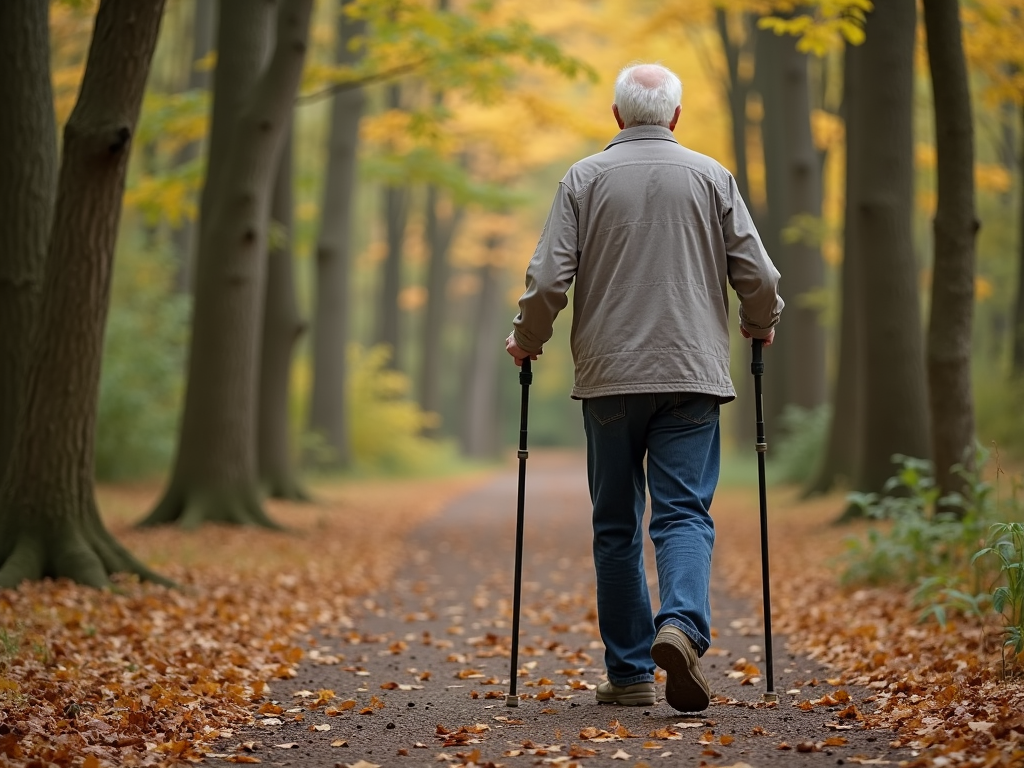
Walking in Fitness and Wellness Programs
Walking isn’t just exercise—it’s a building block for staying healthy. Here’s how it fits into bigger plans:
- Fitness Programs: It’s a perfect low-impact cardio workout for seniors, keeping you active without wear and tear.
- Mental Wellness: Walking lifts your mood and can be part of a plan to feel happier and less stressed.
- Social Time: Join a walking group to meet people and build friendships—key for a full life.
- Health Protection: Regular walks can fend off diseases and keep you feeling strong.
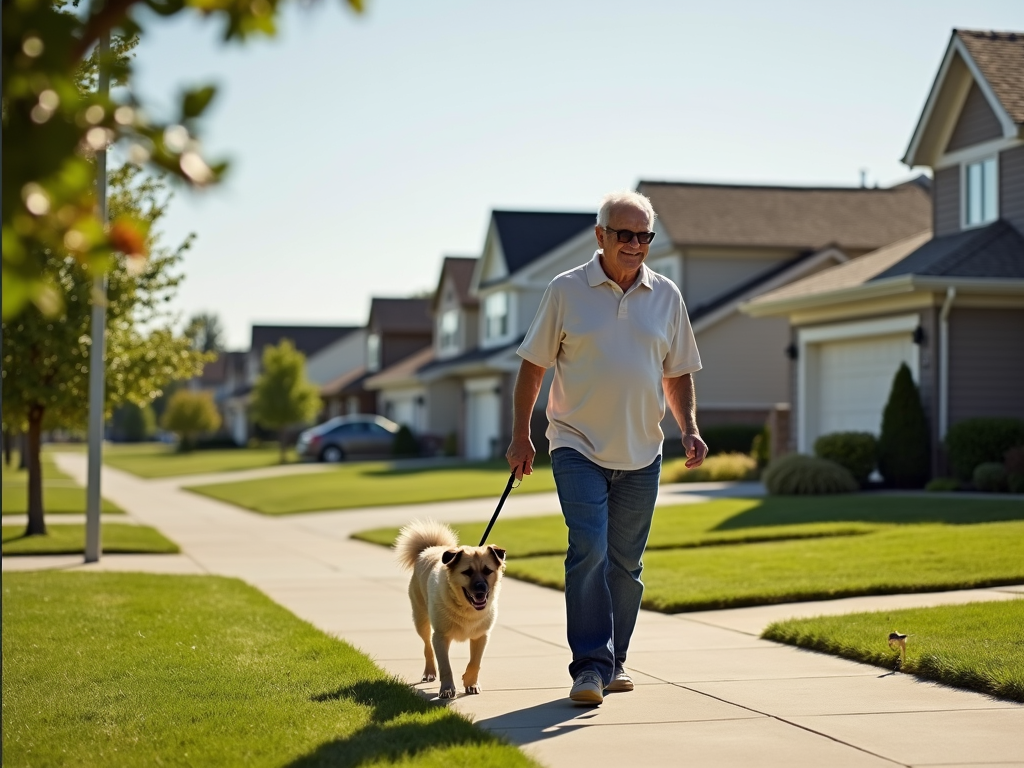
My Walking Story
I wasn’t always a walker. A few years back, I struggled to make it down my street without huffing and puffing. But I started slow—10 minutes a day—and soon joined a local walking club. Now, I’m up to three miles, and I feel like a new person. My energy’s up, my aches are down, and I’ve made friends along the way. Walking didn’t just change my body; it changed how I see my days. You can do this too—it’s about taking that first step.
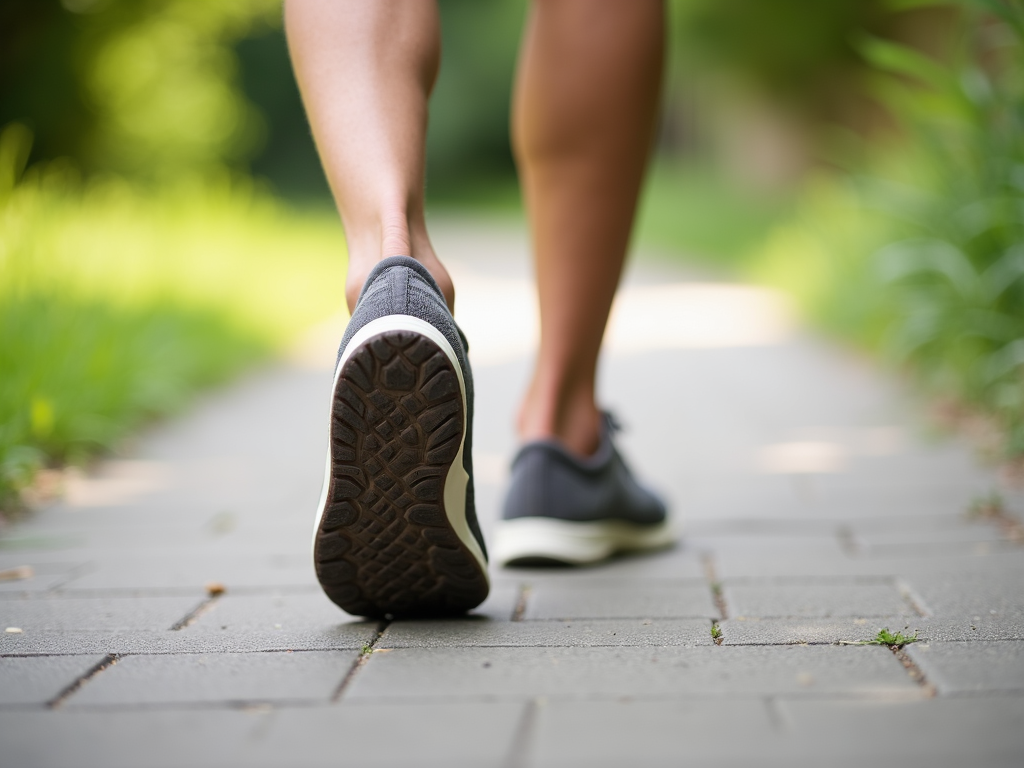
Tips to Keep Walking
Once you’re going, here’s how to stick with it:
| Tip | Why It Helps |
|---|---|
| Set a Schedule | Makes walking a habit |
| Track Your Steps | Seeing progress keeps you motivated |
| Add Music | Turns walks into fun time |
| Reward Yourself | A treat after hitting a goal feels great |
Try these and tweak them to fit you. The key is consistency—keep moving, and the benefits pile up.

Walking Myths Busted
Some folks think walking isn’t ‘real’ exercise. Let’s clear that up:
- Myth: You need to sweat buckets to get fit. Truth: Steady walking counts as cardio and builds stamina.
- Myth: It’s boring. Truth: Change your route or add a podcast—it’s as fun as you make it.
- Myth: It’s risky for seniors. Truth: It’s one of the safest ways to stay active, says the National Institute on Aging.
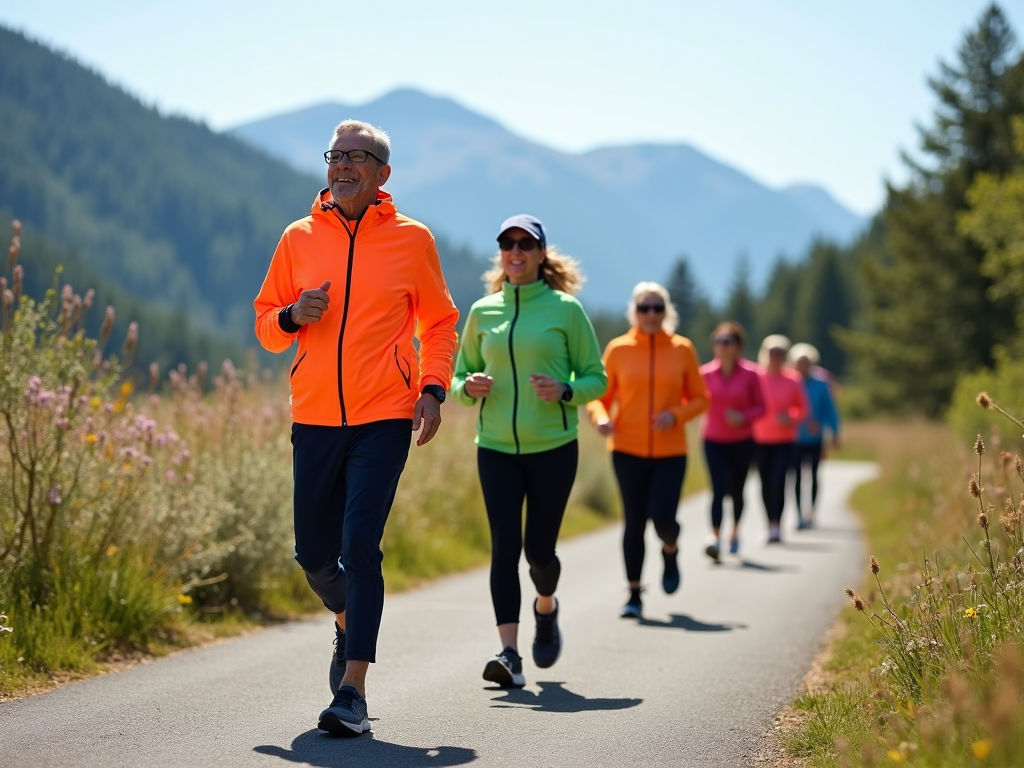
The Science Behind Walking
Research backs this up. A 2021 study in the Journal of Aging and Physical Activity found seniors who walked regularly had better heart health and fewer falls. Another report from Harvard Medical School says 30 minutes a day can add years to your life. It’s not magic—it’s your body thanking you for moving.
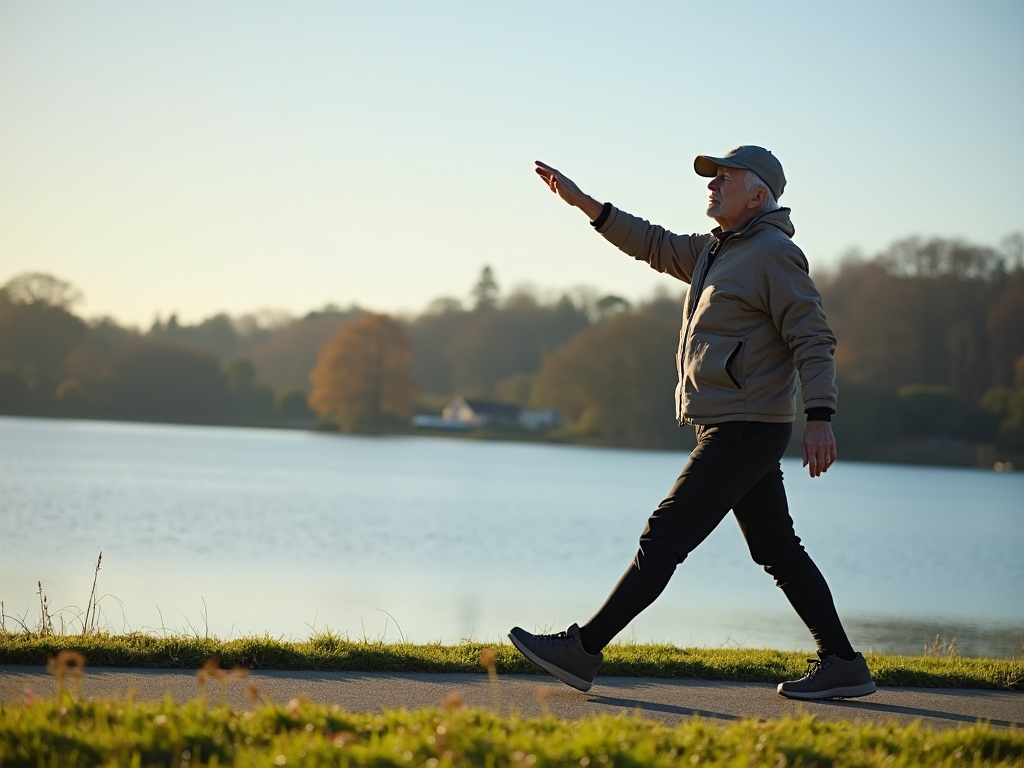
Wrap-Up
Walking is a simple, powerful way to boost senior health. It strengthens your heart, keeps you mobile, and brightens your mood—all with just a pair of shoes and a little time. Make it part of your fitness or wellness program, and watch the difference it makes. Start today—your next walk could be the beginning of something great.
Discuss Here